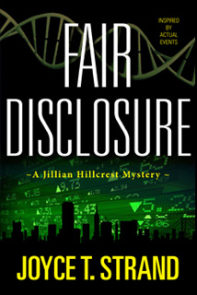Author Dr. Joyce Strand hosted BROKEN on her lively blog “Strand’s Simply Tips.” She asked cool, thoughtful questions, including this one:
Q: In BROKEN, how helpful is back story, ie, history of Nazi Germany, to creating a suspenseful story of tension? How important was historical accuracy?
Traci L. Slatton: I consider historical accuracy to be supremely important. Because this era was relatively recent and the population as a whole knows a lot about it, I researched this time in Paris thoroughly. Many of the details are accurate, such as the way Parisians were always hungry during the occupation. Several documents said that Parisians ate only about 800 calories per day at this time. Also, over a million French men had been taken into compulsory work service in Germany, so the Resistance drew on women, high school students, and the elderly. At one point, Alia the protagonist, who is a fallen angel, is walking down the street wearing a jaunty red hat. There are references to those red hats as a kind of subtle rebellion; French fashion continued during occupation.
However, sometimes I depart from accuracy to achieve truthfulness. Truthfulness and accuracy are different issues, and truthfulness is always the most important for me as an author. So, for example, in this novel, Sartre and Camus are together at a party at Alia’s apartment before the war, reading poetry and drinking wine. There are conflicting reports about when these great thinkers met, but it is generally agreed that they met after the war. However, for purposes of the themes of this novel, since they are not just people but also voices of their generation, I put them together at Alia’s before the war. This was a deliberate choice in which I diverged from historical accuracy.
Check out the interview here.
I was pleased to see that Dr. Strand supports her posts via tweets, and is quite successful doing so. Her tweets about BROKEN and the interview were picked up in the Twitterverse with kindness and multiplicity. I’m very grateful!

